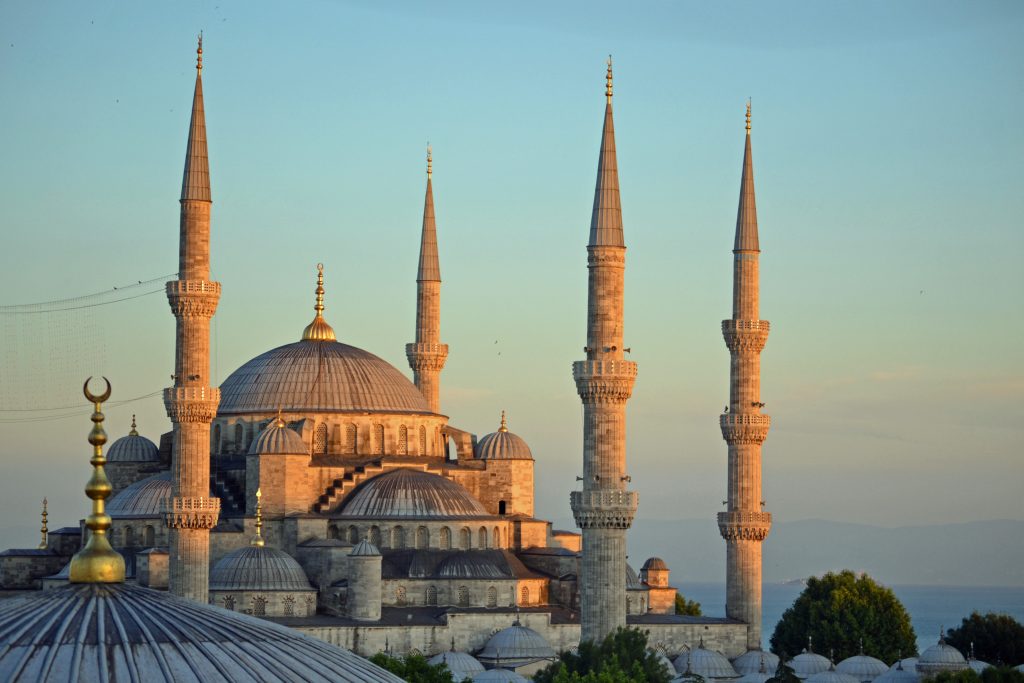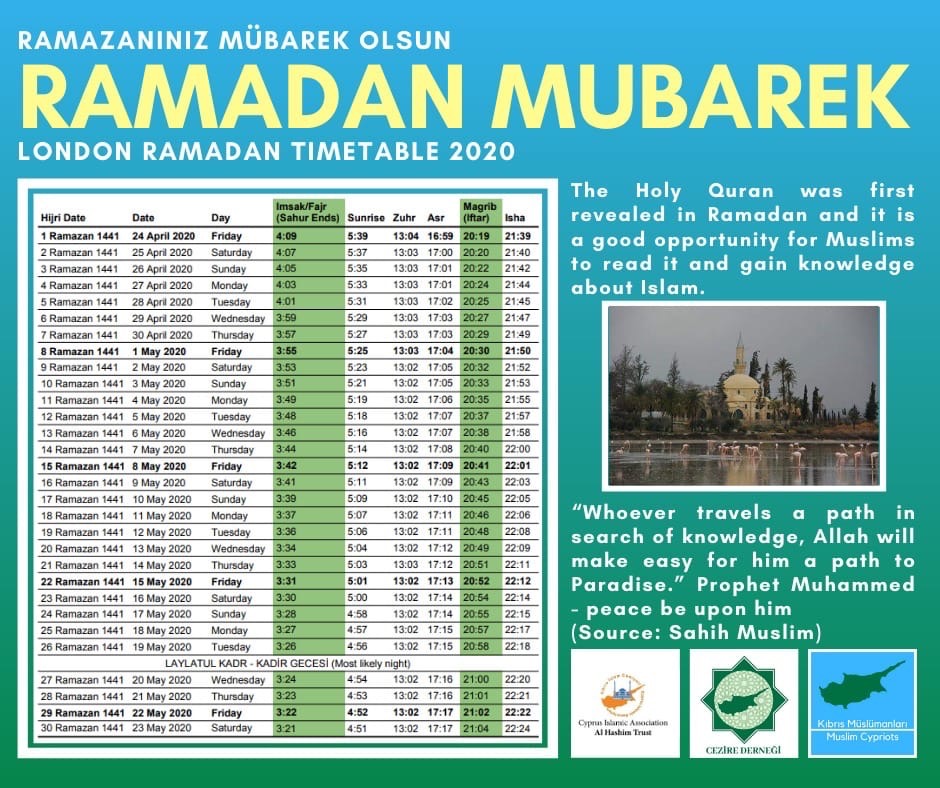This weekend marks the start of the holiest month for Muslims worldwide. Ramadan, or Ramazan in Turkish, is the month when the Ku’ran was first revealed to the Prophet Muhammed.
For the next thirty days, all healthy Muslims will fast during daylight hours. This means not eating or drinking anything from sunrise to sunset.
Ramazan is a time for spiritual reawakening. Muslims reflect on their lives, consider ways to become a better human being, and rekindle their relationship with God. They practice patience and focus on breaking break bad habits during this month of abstinence.
At all times of the year, but especially during Ramazan, Muslims should abstain from sinful behaviour, such as drinking alcohol, or getting angry with others. Instead, Muslims should use this time for quiet introspection: to read the Ku’ran, pray, and be more compassionate through acts of charity and kindness.
Due to the coronavirus, Muslims can’t come together with family and friends for iftar (the breaking of the daily fast with a meal), or congregate at the mosque for evening prayers called Teravih(or Tarawih), and public sermons and spiritual tales from the Ku’ran. Instead these will be broadcast via television and the internet, creating the world’s first virtual Ramadan.
Alongside fasting, which is one of the five pillars of Islam, Muslims will regularly pray. Many will also opt to wake up in the early hours of the morning to eat a pre-dawn meal called sahur(or suhoor). This meal needs to sustain a person for the entire day and in the Northern hemisphere, the time between sunrise and sunset can be as long as 17 or 18 hours.
All the times related to prayers, fasting and meals can be found in the specialtimetable for London, produced by the UK-based organisations Cyprus Islamic Association Al Hashim Trust, Cezire Association and Muslim Cypriots.
Main image, top: minarets of Istanbul’s Blue Mosque at sunset, 2017. Photo © Nserrano – Own work, Wikipedia / CC BY-SA 4.0






